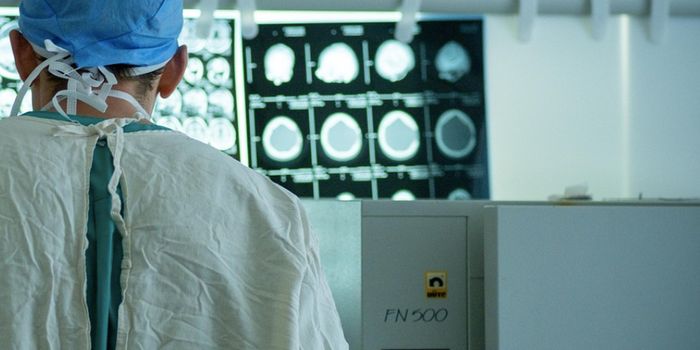New Research Shows How Bacteria Could Help Tumors Progress and Resist Treatment
New research from the Fred Hutchinson Cancer Center in Seattle postulates that certain bacteria significantly impact the progression of cancer. The research is published in two papers, one published in Cell Reports and the other in Nature.
Both papers focus on an oral bacterium called Fusobacterium nucleatum, which has been linked to colorectal cancer. The research suggests that cells infected with Fusobacterium nucleatum can undergo certain metabolic changes that indicate inflammation, hypoxia, and cancer cell progression. This occurs via significant upregulation of signaling pathways that are involved in the tumor’s response to bacterial infection.
Susan Bullman, PhD, and study co-lead, says that “there are regions of the tumor that are heavily colonized by bacteria—micro-niche regions—and they differ functionally from regions that do not harbor bacteria... these bacteria-rich regions have increased metastatic potential.”
Additionally, other microbes, including Escherichia coli, were found to reduce the efficacy of anti-microbicidal and chemotherapy drugs. This has implications for clinicians' and researchers' strategies to target cancer. Targeting the tumor microbiome may be an effective strategy in cancer treatment.
“This work is at the intersection of cancer and microbiome research,” says Bullman. “There’s compelling emerging data to suggest that nearly all major cancer types harbor an intra-tumoral microbiota.”
Colorectal, breast, pancreatic, and lung tumors have all been shown to harbor microbial communities. There is also evidence to suggest that a tumor’s microbiome can influence how it develops, progresses, and responds to treatment.
“This holistic approach to assessing the tumor microenvironment, which is a multi-species ecosystem, will advance our understanding of cancer biology, and I believe will reveal new therapeutic vulnerabilities in cancer,” Bullman said.
Future research will focus on the potential therapeutic applications of this research. This includes the possibility of manipulating the microbiome to make tumors more responsive to immunotherapy or chemotherapy or designing therapeutics that modulate the microbiome to prevent and treat cancer.
Sources: Cell Reports, Nature








